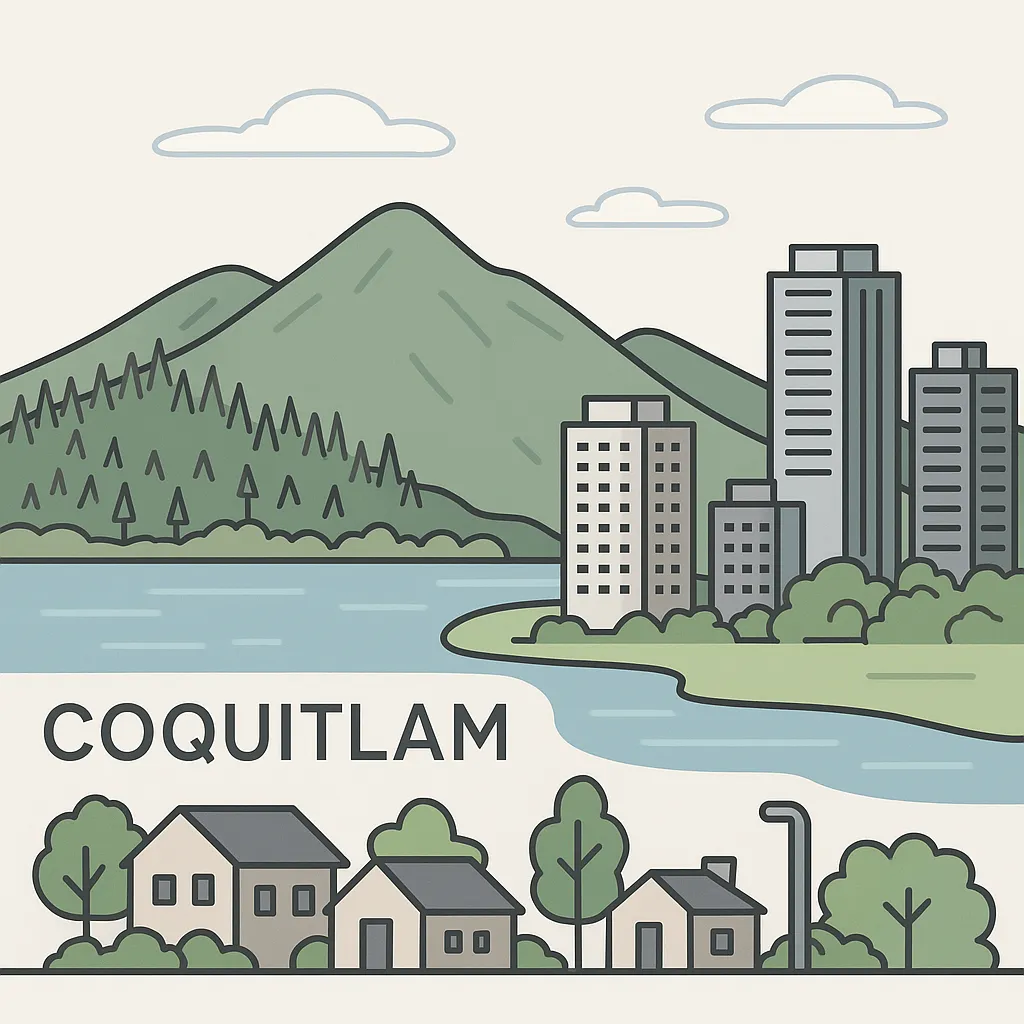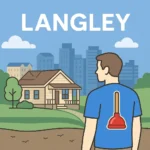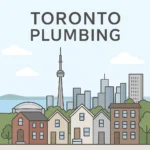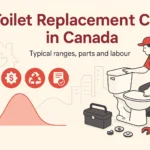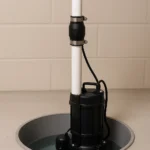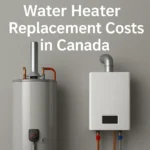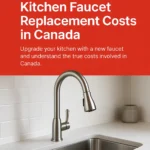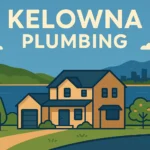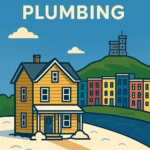Introduction
Coquitlam is the sixth-largest city in British Columbia, with a 2021 population of 148,625. As part of the Tri-Cities, it combines historic neighbourhoods like Maillardville with fast-growing developments in Burke Mountain and Coquitlam City Centre. With elevations ranging from riverfront flats to hillside communities over 1,200 feet high, plumbing systems in Coquitlam face unique challenges. This guide covers water quality, housing stock, common issues, seasonal considerations, costs, permits, and practical homeowner advice.
Water Source, Quality & Hardness
- Water source: Coquitlam’s drinking water comes from Metro Vancouver’s protected watersheds: Capilano, Seymour, and Coquitlam.
- Quality testing: Water is tested daily by both Metro Vancouver and the City, meeting BC’s Drinking Water Protection Act.
- Soft water: Coquitlam water is extremely soft—about 0.2 grains per gallon, compared to the Canadian average of ~10 gpg (Aquatell).
- ✅ Minimal scaling in fixtures and appliances
- ✅ Longer lifespan for hot water tanks and boilers
- ⚠️ Increased corrosion risk in older metal pipes
- Pressure variation: Homes at higher elevations (Burke Mountain, Westwood Plateau) often require pressure-reducing valves.
Housing Stock & Plumbing Factors
- Heritage neighbourhoods (Maillardville, Austin Heights): Many older homes still have galvanized steel or cast iron pipes, which are prone to leaks and root intrusion in sewer laterals.
- New subdivisions (Burke Mountain, Westwood Plateau): Modern PEX systems, but require pressure management due to elevation.
- Condo towers (City Centre, Lougheed area): Depend on booster pumps and vertical stacks—plumbing failures can affect multiple units.
- Rural edge (northern Coquitlam): Some properties rely on septic systems outside city sewer service areas.
Common Plumbing Issues in Coquitlam
- Low or high water pressure
Homes at higher elevations often need pressure-reducing valves; homes downhill may experience stronger pressure. - Dirty or discoloured water
During watermain flushing or after pipe work, some homeowners report cloudy or rusty tap water. - Flooding and sewer backups
Heavy rainfall has caused localized flooding and even sewage overflows into creeks (Oakdale neighbourhood, Nov 2021). - Aging hot water tanks
Many homes report leaking or corroded tanks; City’s website lists this as a frequent homeowner issue. - Root intrusion in older sewer laterals
Especially in Maillardville and Austin Heights, where original clay or cast iron pipes are still in use.
Seasonal Considerations
- Fall/Winter: Coquitlam receives over 1,600 mm of rain annually, more than Vancouver. Heavy storms like the October 2024 atmospheric river caused widespread property flooding. Sump pumps, backwater valves, and perimeter drain inspections are essential.
- Spring: Fraser River freshet raises groundwater, increasing seepage risks in low-lying homes.
- Summer: Metro Vancouver watering restrictions apply across the city.
- Cold snaps: Arctic outflow events drop temperatures below –10 °C, leading to frozen crawlspace and hose bib pipes.
Plumbing Costs in Coquitlam
All service calls have a minimum charge of $249 before tax.
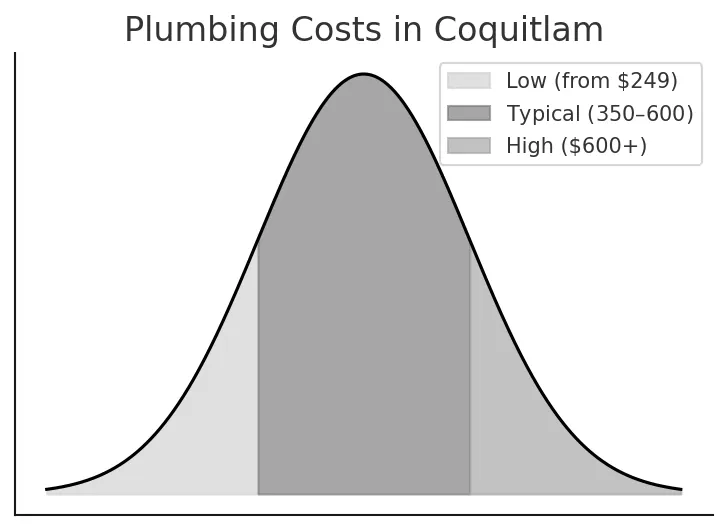
| Service | Low | Typical | High |
|---|---|---|---|
| Unclog a drain | $249 | $350 | $600+ |
| Replace a faucet | $249 | $400 | $800+ |
| Hot water tank replacement | $1,200 | $1,800 | $3,000+ |
| Emergency after-hours call | $400 | $600 | $1,000+ |
⚠️ Estimates disclaimer: Prices exclude after-hours premiums, permits, and materials.
Local Regulations & Permits
- Permits required: Plumbing permits are mandatory for new installations, drainage changes, and major replacements.
- City resources:
- Contacts:
- Building Permits: 604-927-3441
- City Hall (general): 604-927-3000
- Water/Sewer emergencies: Public Works Dispatch 604-927-3500
Case Study: Burke Mountain Water Pressure
A family in Burke Mountain experienced repeated fixture leaks and pipe stress due to extremely high water pressure. In 2022, a licensed plumber installed a pressure-reducing valve and repiped vulnerable sections with PEX. Since then, their plumbing has run smoothly, reducing wear on appliances and preventing costly leaks.
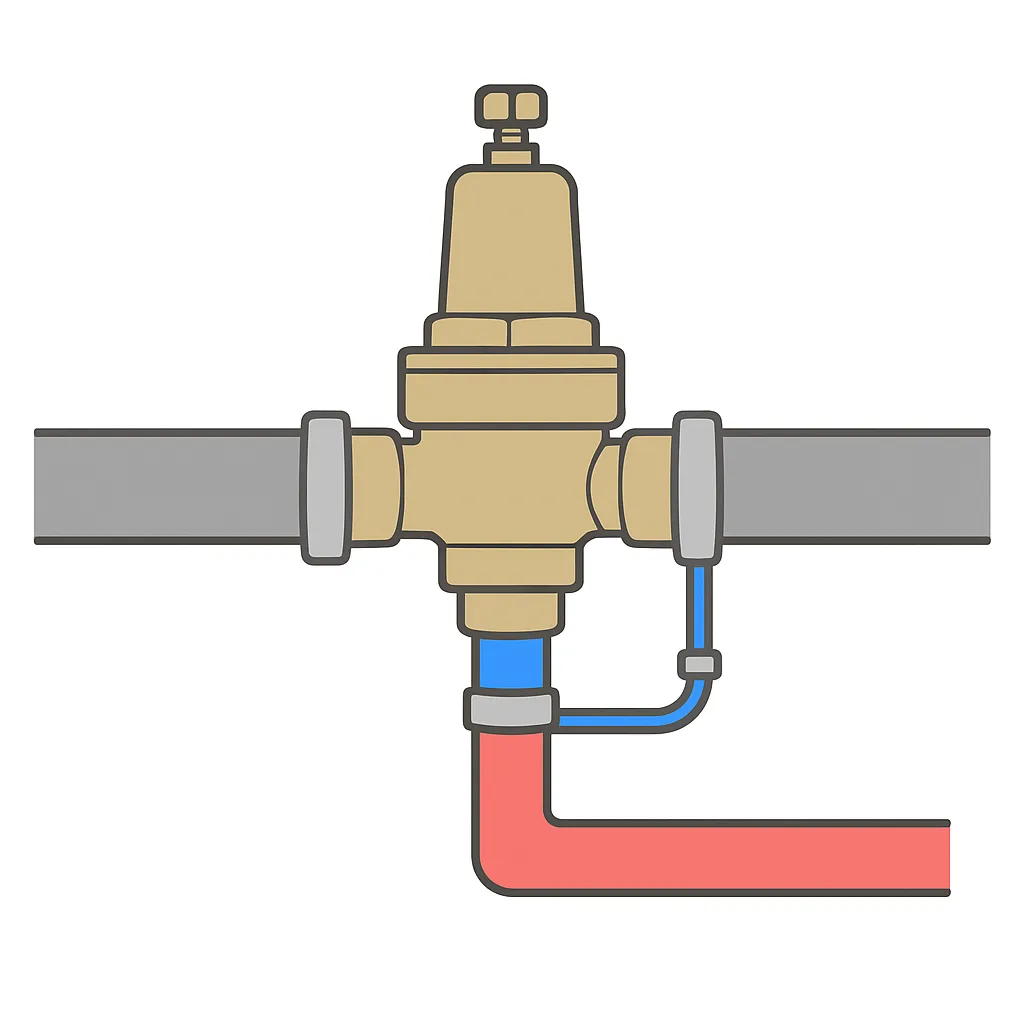
FAQs (Coquitlam-specific)
Is Coquitlam water hard or soft?
It’s extremely soft (~0.2 gpg), which reduces scaling but increases corrosion risks for old metal pipes.
Why do Burke Mountain homes need pressure-reducing valves?
Homes at higher elevations often experience excessive water pressure without regulation.
Do I need a permit for plumbing renovations in Coquitlam?
Yes—permits are required for new installs, drainage changes, and most major replacements.
What causes dirty water from taps in Coquitlam?
Watermain flushing or nearby construction can temporarily dislodge sediment.
Who do I call for a water or sewer emergency?
Contact Public Works Dispatch at 604-927-3500.
Tips for Coquitlam Homeowners
- Install and test sump pumps and backwater valves before heavy rains.
- Replace galvanized and cast iron pipes in older neighbourhoods.
- Service hot water tanks every 8–12 years to prevent leaks.
- Install pressure-reducing valves in high elevation homes.
- Flush taps after watermain work to clear discolouration.
Conclusion
Coquitlam’s combination of high rainfall, steep elevation changes, and diverse housing stock creates plumbing challenges that range from flooding prevention to pressure management. From sump pump upgrades in lowlands to pressure-reducing valves in Burke Mountain, proactive plumbing care helps homeowners avoid costly problems.
👉 Book a licensed plumber in Coquitlam today at unclogit.com or call 604-496-1661.

